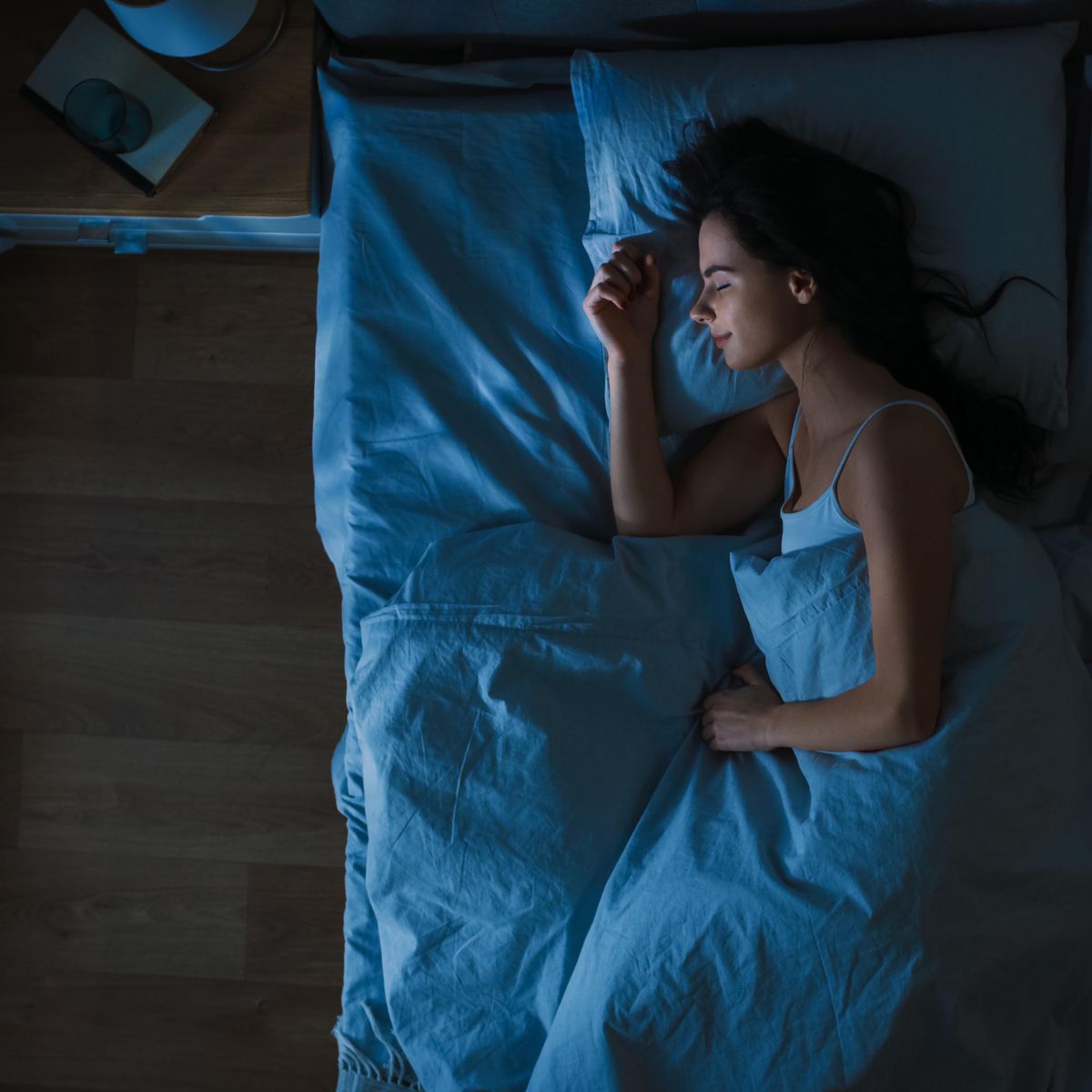Psychological and Physical Approaches for Sleep Disorders

Research has demonstrated beneficial results of cognitive behavioral therapy for insomnia (CBT-I) for people with chronic insomnia disorder. There is also some evidence suggesting that relaxation therapy may be useful for this condition. There is limited evidence that other complementary health approaches such as yoga may be helpful for people with sleep problems. This issue of the digest provides a summary of the current research for several health approaches for sleep disorders, including CBT-I, relaxation techniques, yoga, tai chi, acupuncture, music-based interventions, and meditation and mindfulness practices.
What the Science Says:
Psychological and Physical Approaches for Sleep Disorders
Modality and Summary of Current Research
Current clinical practice guidelines from the American Academy of Sleep Medicine (2021) recommend psychological and behavioral interventions in the treatment of chronic insomnia disorder in adults.
- The American Academy of Sleep Medicine guidelines state: “We recommend that clinicians use multicomponent cognitive behavioral therapy for insomnia (CBT-I) for the treatment of chronic insomnia disorder in adults (strong recommendation). We suggest that clinicians use relaxation therapy as a single-component therapy for the treatment of chronic insomnia disorder in adults (conditional recommendation).” The authors of the guidelines also noted that there were fewer than three studies meeting their inclusion criteria for the use of cognitive therapy, paradoxical intention, mindfulness, biofeedback, and intensive sleep retraining; as a result, no recommendations were made about these treatments.
There is a small amount of low-quality evidence that relaxation techniques by themselves can help with chronic insomnia. Relaxation techniques may be recommended in certain situations, depending on individual preferences, health provider qualifications, and treatment availability.
Current clinical practice guidelines from the American Academy of Sleep Medicine (2021) conditionally recommend relaxation therapy as a single-component therapy for the treatment of chronic insomnia disorder in adults.
Read more about the research on relaxation techniques for sleep disorders
Yoga has been shown to be helpful for sleep in several studies of cancer patients, women with sleep problems, and older adults and in individual studies of other population groups, including people with arthritis and women with menopause symptoms. However, a 2019 clinical practice guideline from the U.S. Department of Veterans Affairs and U.S. Department of Defense said there was insufficient evidence to recommend for or against yoga for treating insomnia.
Results of several studies, using objective and subjective measures, have shown that tai chi may be helpful for people with sleep problems. However, a 2019 clinical practice guideline from the U.S. Department of Veterans Affairs and U.S. Department of Defense said there was insufficient evidence to recommend for or against using tai chi to treat insomnia.
A 2019 clinical practice guideline from the U.S. Department of Veterans Affairs and U.S. Department of Defense said there was not enough evidence to know whether mindfulness meditation is helpful for people with insomnia, and a 2021 clinical practice guideline from the American Academy of Sleep Medicine said there was not enough evidence to make recommendations on using mindfulness by itself for insomnia.
Read more about the research on meditation for sleep disorders
A 2022 review of 13 studies with 1,007 adult participants found that listening to music may lead to improved reports of sleep quality among people with insomnia. However, there was not enough good-quality evidence to determine the effect of listening to music on the severity of insomnia or the number of times a person wakes up.
Read more about the research on music-based interventions for sleep disorders
A 2019 clinical practice guideline from the U.S. Department of Veterans Affairs and U.S. Department of Defense said there was not enough evidence to recommend for or against using acupuncture for insomnia, except for a weak recommendation for auricular acupuncture, which involves specific points on the outer ear. Results from some studies suggest that auricular acupuncture may help improve insomnia; however, many of the studies conducted on acupuncture for sleep disorders are small and are of low quality.
Read more about the research on acupuncture for sleep disorders
Scientific Literature
Information for Your Patients
NCCIH Clinical Digest is a service of the National Center for Complementary and Integrative Health, NIH, DHHS. NCCIH Clinical Digest, a monthly e-newsletter, offers evidence-based information on complementary health approaches, including scientific literature searches, summaries of NCCIH-funded research, fact sheets for patients, and more.
The National Center for Complementary and Integrative Health is dedicated to exploring complementary health products and practices in the context of rigorous science, training complementary health researchers, and disseminating authoritative information to the public and professionals. For additional information, call NCCIH’s Clearinghouse toll-free at 1-888-644-6226, or visit the NCCIH website at nccih.nih.gov. NCCIH is 1 of 27 institutes and centers at the National Institutes of Health, the Federal focal point for medical research in the United States.
Copyright
Content is in the public domain and may be reprinted, except if marked as copyrighted (©). Please credit the National Center for Complementary and Integrative Health as the source. All copyrighted material is the property of its respective owners and may not be reprinted without their permission.